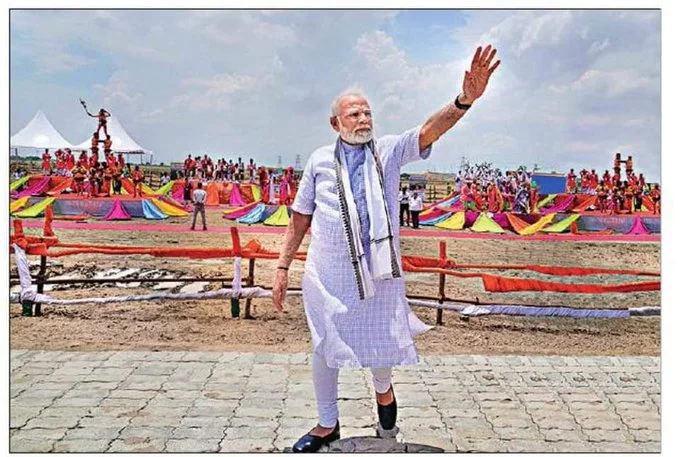The Union Cabinet chaired by Prime Minister Narendra Modi has approved the National Logistics Policy to address issues hindering the transport sector and thereby boosting economic activities by reducing costs. The move will facilitate in laying down an interdisciplinary, cross sectoral, resilient and sustainable logistics sector.
The sector is currently fragmented and dominated by unorganised players. However, the policy could encourage more organised players to make a foray.
The policy aims at making the country’s logistics cost comparable with world standards by 2030.
The National Logistics Policy will be reinforced by the PM Gati Shakti National Master Plan, which is further expected to provide multi-modal connectivity in various economic zones, Investing.com said. The policy could be a game changer, industry captains have said.
Also read: ADB pegs India’s growth rate at 7%, China’s at 3.3% for this year
According to the Indian Chamber of Commerce, the sector in the country employs more than 22 million people and has been ranked 44th in the World Bank’s logistics performance index in 2018. In 2014, it was ranked 54th.
The logistics industry will be critical even for the exports growth. During the lockdown period in 2020, logistics sector played a key role in ensuring sustained supplies of essential items including food and medicine.
Besides the National Logistics Policy, the Cabinet also gave its nod for modification in programme for development of semiconductors and display manufacturing ecosystem. The proposal for production linked incentive (PLI) scheme for manufacturing solar photovoltaic cells, manufactured from semiconductor materials like crystalline silicon, has been approved as well.




















